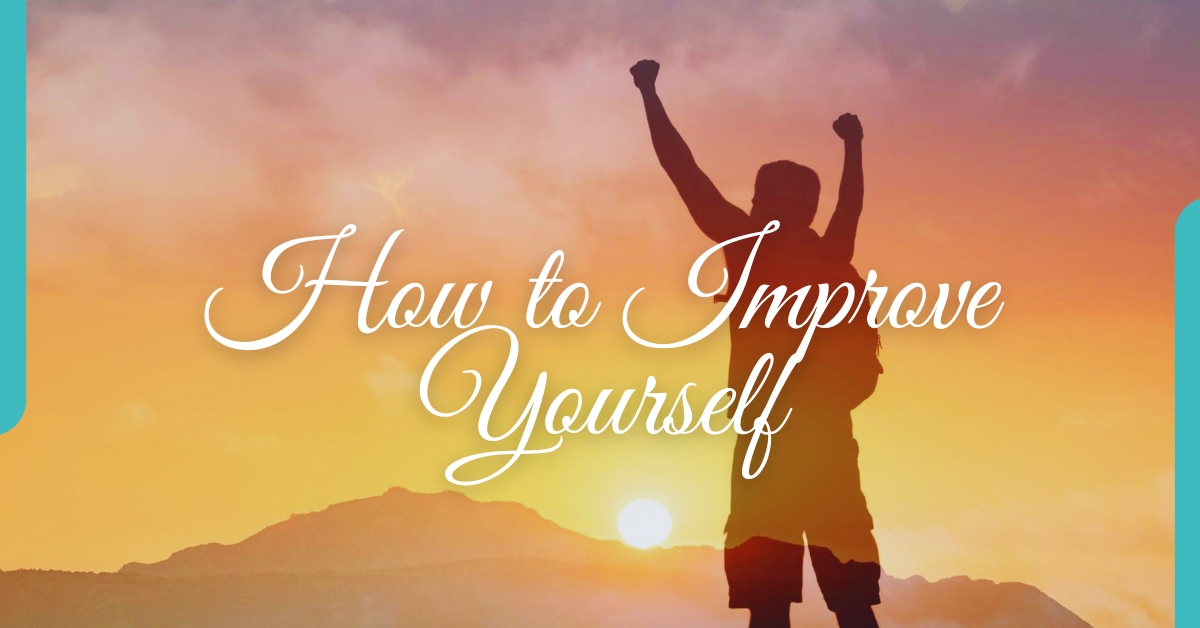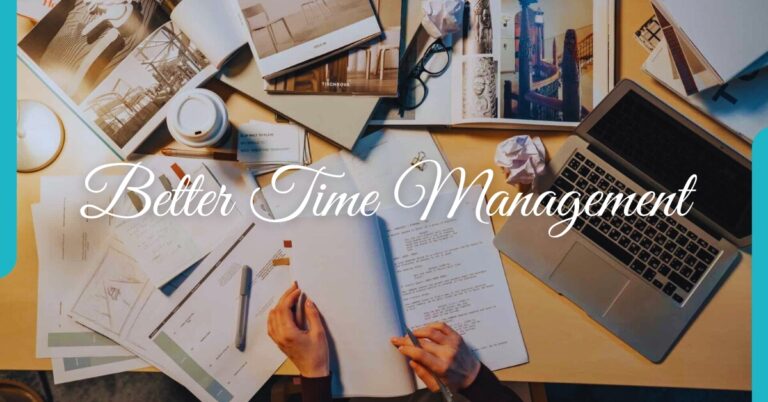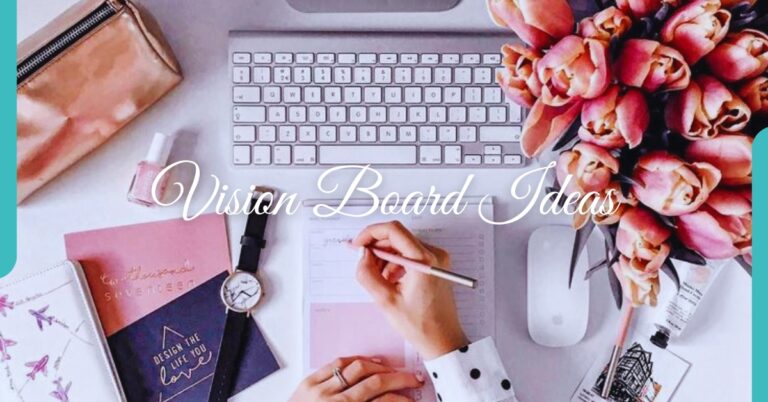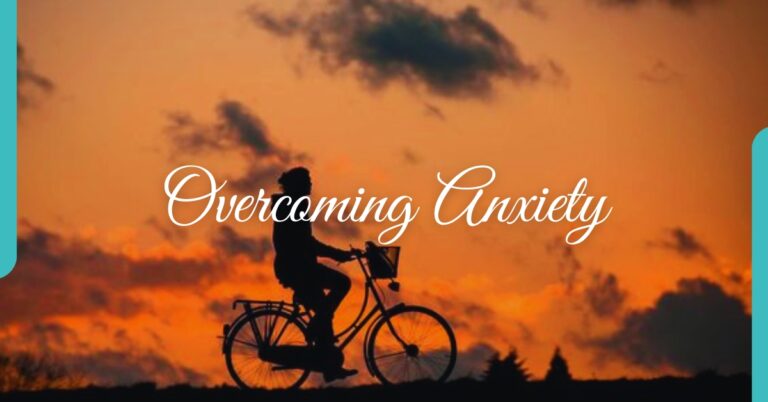How to Improve Yourself – The Ultimate Guide to Self Improvement
The journey of learning how to improve yourself isn’t just about adopting new habits or setting lofty goals; it’s about unraveling your potential and discovering what truly fuels your growth. With every small change you make, you’re crafting a better version of yourself and reshaping your life in profound ways.
This guide to self-improvement is here to support that very journey. Whether seeking clarity in your ambitions or striving for excellence in your professional endeavors, these actionable strategies and insights are designed to propel you forward. From cultivating resilience to mastering time management, each section offers tools to adapt for anyone eager to embrace their evolution.
Enhance emotional resilience, or unlock your creative potential, this comprehensive guide is crafted just for you. So, if you’re ready to break free from limitations and embark on the most rewarding adventure of how to improve yourself read on and discover the transformative steps that await!
What is Self-Improvement?
Self-improvement is the conscious effort to enhance various aspects of one’s life, including personal skills, emotional well-being, and overall quality of life. It involves setting goals and actively working towards them, whether through education, self-reflection, or adopting new habits.
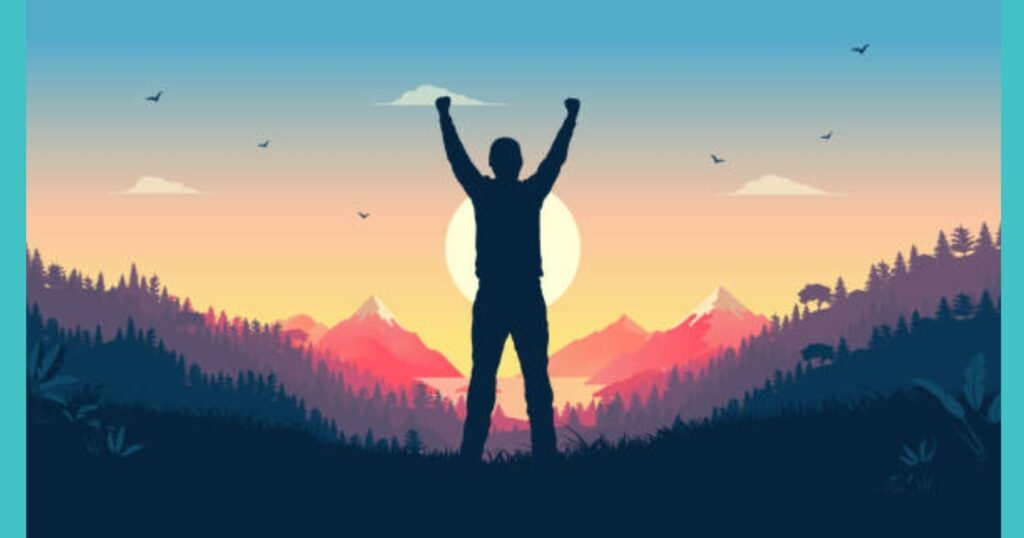
“Stay afraid, but do it anyway. What’s important is the action. You don’t have to wait to be confident. Just do it and eventually, the confidence will follow.” – Carrie Fisher
This journey can encompass a wide range of areas such as physical health, mental resilience, social relationships, and professional development. Self-improvement is about growth and becoming the best version of oneself. It often requires stepping out of one’s comfort zone and embracing change.
By focusing on how to improve oneself through continuous learning and self-awareness, individuals can cultivate a mindset that encourages resilience and adaptability in an ever-evolving world. Self-improvement is a lifelong pursuit that not only benefits the individual but also positively impacts those around them.
How to Improve Your Life with Self-Improvement
Improving your life through self-improvement begins with self-awareness. Take the time to reflect on your strengths and weaknesses, as well as the areas in your life that you feel could use enhancement. This could involve journaling, meditating, or simply setting aside quiet time for introspection. By understanding how to improve yourself where you stand, you can set specific, achievable goals that align with your values and aspirations.
“Change and growth take place when a person has risked himself and dares to become involved with experimenting with his own life.”—Herbert Otto
Once you’ve identified what you want to improve, create a structured plan to tackle these goals. Break them down into smaller, manageable steps and establish a timeline for each one. Consistency is key; even small daily actions can lead to significant changes over time. Seek out resources such as books, online courses, or mentorship that can provide guidance and inspiration along your journey.
What are Examples of Self-Improvement
Self-improvement is a broad and personal journey that can take many forms, depending on individual goals and circumstances. Some common examples include setting fitness goals, such as committing to a regular exercise routine or adopting a healthier diet. This not only enhances physical well-being but also boosts mental health, as regular physical activity is linked to reduced stress and improved mood.
“Between stimulus and response, there is a space. In that space is our power to choose our response. In our response lies our growth and our freedom.”—Viktor Frankl
Another area of self-improvement could involve developing new skills, whether through formal education, online courses, or self-study. Learning a new language or picking up a musical instrument can expand your horizons and provide both personal satisfaction and professional advantages. The key to effective how to improve oneself lies in setting realistic goals, being consistent in your efforts, and remaining open to change as you evolve along your journey.
Why do You Need Self Improvement?
Self-improvement is essential because it fosters personal growth and enhances our overall quality of life. By actively seeking to improve ourselves, we can develop new skills, build self-confidence, and cultivate a more positive mindset. This journey not only helps us navigate challenges more effectively but also enables us to adapt to the ever-changing world around us.
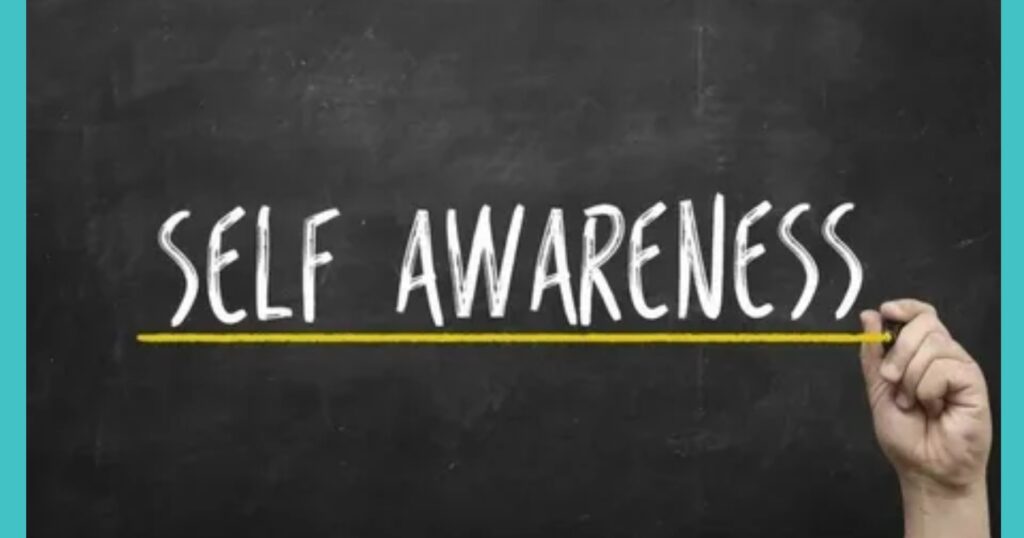
“One can choose to go back toward safety or forward toward growth. Growth must be chosen again and again; fear must be overcome again and again.” – Abraham Maslow
Seek feedback from trusted friends or mentors who can provide insights into areas where you may grow further. Engaging in regular reflection through journaling or mindfulness practices can also help you track your progress and stay motivated on your journey toward becoming the best version of yourself.
Once Robert Cushing said, “The fact is, that to do anything in the world worth doing, we must not stand back shivering and thinking of the cold and danger but jump in and scramble through as well as we can.” A certain degree of risk is necessary for success, and an exceptional win usually carries a loss risk. You can succeed if you are brave enough to take a chance on losing and prudent enough to take calculated risks.
“Incredible change happens in your life when you decide to take control of what you have power over instead of craving control over what you don’t.” – Steve Maraboli

- Learning to manage your emotions
- Developing your skills with a growth mindset
- Learning resilience
- Accepting what you cannot change
- Improving your body language
- Learning more about yourself
- Practicing overcoming procrastination
- Improving emotional intelligence
- Learning new skills
- Networking with people in your industry
- Practice active listening
- Make a Self-Improvement Plan
Learning to Manage Your Emotions
Managing your emotions is a crucial skill that can significantly enhance your overall well-being and relationships. One effective way to improve yourself in this area is through mindfulness practices, such as meditation or deep-breathing exercises. These techniques help you become more aware of your emotional triggers and responses, allowing you to pause and reflect before reacting impulsively.
Developing Your Skills With a Growth Mindset
Improving yourself with a growth mindset involves embracing challenges and viewing failures as opportunities for learning rather than setbacks. Start by setting specific, achievable goals that push your boundaries. This could be anything from acquiring a new skill to enhancing your emotional intelligence. Break these goals down into smaller, manageable steps, and celebrate your progress along the way.
Learning Resilience
Improving resilience is a crucial part of personal growth and can significantly enhance your ability to cope with life’s challenges. One effective approach is to cultivate a positive mindset. This involves reframing negative thoughts and focusing on what you can control rather than what you cannot. Practicing gratitude daily can also shift your perspective, helping you appreciate the small victories in life, which builds emotional strength over time.
“If you don’t make the time to work on creating the life you want, you’re eventually going to be forced to spend a lot of time dealing with a life you don’t want.” – Kevin Ngo

Accepting What you Cannot Change
Accepting what you cannot change is a crucial step in personal growth and self-improvement. It begins with recognizing the limitations of your control some circumstances, past experiences, or even certain aspects of yourself are simply beyond your influence. By acknowledging this reality, you can free up mental energy that was previously spent on frustration and regret.
Improving Your Body Language
Improving your body language is a powerful way to enhance communication and boost your confidence. One of the most effective strategies is to become more aware of your non-verbal cues. Start by observing how you naturally carry yourself in different situations. By recognizing these habits, you can consciously work on adopting a more open posture standing tall, maintaining eye contact, and using gestures that complement your words.
Learning More About Yourself
Improving yourself begins with self-awareness. Take time to reflect on your strengths, weaknesses, values, and beliefs. Journaling can be a powerful tool for this; it allows you to articulate your thoughts and feelings, helping you identify patterns in your behavior and areas where you want to grow. Seeking feedback from trusted friends or family can provide valuable insights into how others perceive you, which can further inform your self-improvement journey.
“When you get into a tight place and everything goes against you… never give up then, for that is just the place and time that the tide will turn.” – Harriet Beecher Stowe

Practicing Overcoming Procrastination
Overcoming procrastination is a journey that requires self-awareness and intentional strategies. One effective approach is to break tasks into smaller, manageable steps. This not only makes the workload feel less daunting but also allows for small wins along the way, which can boost motivation. Aim to draft just one section at a time. Celebrate these incremental achievements to build momentum.
Improving Emotional Intelligence
Improving your emotional intelligence (EI) is a valuable endeavor that can enhance both personal and professional relationships. One effective way to start is by practicing self-awareness. Take time to reflect on your emotions and reactions in various situations. This practice allows you to identify patterns in your emotional responses, helping you understand what triggers certain feelings.
Learning New Skills
Improving yourself through learning new skills is a rewarding journey that can enhance both your personal and professional life. Start by identifying specific areas of interest or skills that you believe will benefit you the most. This could range from technical skills like coding or graphic design to soft skills such as communication or time management., and set realistic goals and create a structured plan for achieving them.
“Always work hard and have fun in what you do because I think that’s when you’re more successful. You have to choose to do it.” – Simone Biles
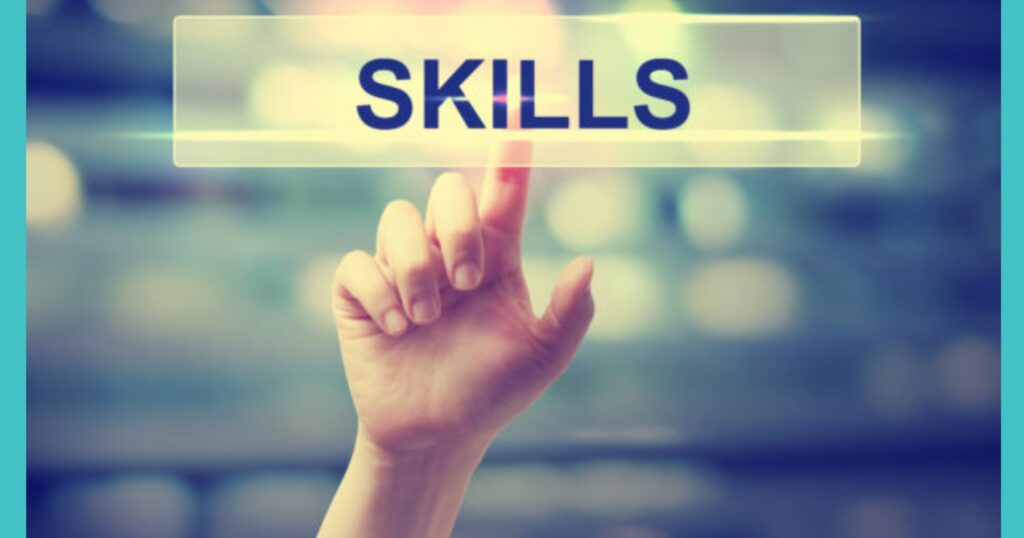
Networking With People in Your Industry
Networking within your industry is a powerful way to enhance your skills and broaden your professional horizons. To improve yourself through networking, start by actively seeking out opportunities to connect with others in your field. Attend industry conferences, workshops, and local meetups where you can engage with peers and thought leaders.
Practice Active listening
Improving your active listening skills can significantly enhance your communication and relationships. One effective way to practice is by giving your full attention to the speaker, which means minimizing distractions. Put away your phone, maintain eye contact, and use nonverbal cues, like nodding or leaning slightly forward, to show that you are engaged.
Make a Self-Improvement Plan
Creating a self-improvement plan begins with setting clear, achievable goals. Start by identifying specific areas in your life that you want to enhance, whether it’s personal development, health, career, or relationships. Break these areas down into smaller, manageable objectives. Write these goals down and ensure they are measurable so you can track your progress.
Conclusion
The journey of how to improve oneself is a lifelong commitment that requires dedication, patience, and self-awareness. By setting clear goals, embracing a growth mindset, and cultivating healthy habits, you can unlock your full potential and transform various aspects of your life.
Surrounding yourself with supportive individuals and seeking continuous learning opportunities will further enhance your path to improvement. Take the first step today start small, stay consistent, and watch as you evolve into the best version of yourself!
FAQs
How can I Improve Myself Every Day?
Improving yourself every day can be achieved through small, consistent actions. Start by setting clear, achievable goals that align with your values and aspirations. This could involve dedicating time to reading, learning a new skill, or engaging in physical exercise.
How do I Make Myself do Better?
To make yourself do better, start by setting clear, achievable goals that align with your values and interests. Break these goals down into smaller, manageable tasks to avoid feeling overwhelmed. You can track your progress and celebrate small victories along the way, which can boost your motivation.
How to Change Life in 7 Days?
To change your life in just seven days, start by setting clear, achievable goals that align with your values and aspirations. Each day, focus on one specific area of your life such as health, relationships, or personal growth, and implement small, actionable steps that contribute to those goals.
How to Restart Life?
Restarting life can begin with a simple yet powerful decision to embrace change. Start by identifying what aspects of your life no longer serve you be it toxic relationships, unfulfilling jobs, or negative habits, and make a conscious effort to let them go.
How can I Enjoy Life?
To enjoy life, focus on cultivating gratitude and presence in each moment. Embrace simple pleasures, whether it’s savoring a delicious meal, spending time with loved ones, or immersing yourself in nature.
How to Mentally Reset?
To mentally reset, take a deliberate break from your routine by engaging in activities that promote mindfulness and reflection, such as meditation, journaling, or spending time in nature. Disconnecting from technology and allowing yourself some quiet time can help clear your mind and reduce stress.
How to Start From Zero?
Starting from zero requires a clear vision and a willingness to take small, consistent steps toward your goals. Begin by identifying what you truly want to achieve whether it’s a new career, skill, or personal development.

